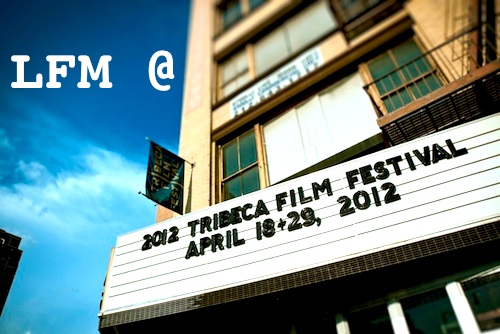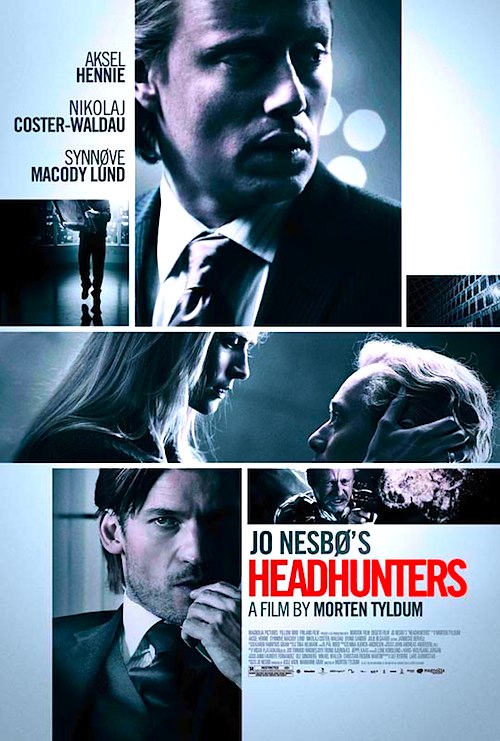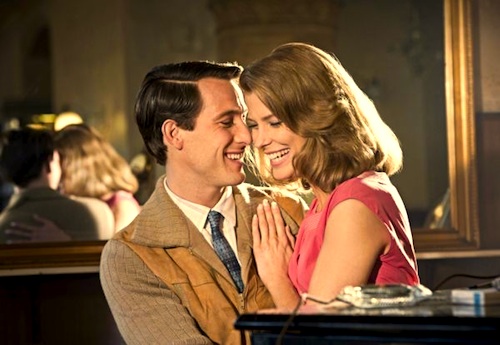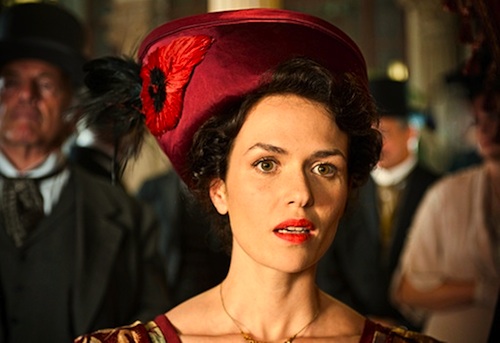By Joe Bendel. The United Nations has long acted like one of the four horsemen of the apocalypse; in the case of Haiti, it is literally pestilence. Allegedly thanks to the UN peacekeeping force, a deadly wave of cholera has swept the dysfunctional country. Viewers witness the epidemic from the vantage point of a young ball player in David Darg & Bryn Mooser’s short documentary, Baseball in the Time of Cholera, which screens as part of the Help Wanted programming block during the 2012 Tribeca Film Festival.
Joseph Alvyns and his friends should simply be spending an innocent summer on the baseball diamond. They play as often as they can, but it is impossible to ignore the post-hurricane chaos around them. Yet when Alvyns sees the devastation of the 3/11 hurricane and tsunami in Japan, he is compelled to reach out in a spirit of solidarity. His efforts attract international attention, even earning him a VIP trip to Toronto, courtesy of the Blue Jays. Unfortunately, when he returns cholera strikes at the heart of his family.
 Technically, Darg and Mooser do not conclusively establish the Nepalese “peace-keepers” are the source of the cholera outbreak. Still, the sight of raw sewage spilling from their latrine into Haiti’s central river – coupled with the Heisman pose the Nepalese commander gives their camera man – constitutes a pretty convincing circumstantial case. The film also asks a legitimate question: why are there peace-keepers stationed in a country that has not been at war for centuries? However, they largely let the successive authoritarian and socialist governments off the hook for bringing the Haitian state to the brink of complete failure.
Technically, Darg and Mooser do not conclusively establish the Nepalese “peace-keepers” are the source of the cholera outbreak. Still, the sight of raw sewage spilling from their latrine into Haiti’s central river – coupled with the Heisman pose the Nepalese commander gives their camera man – constitutes a pretty convincing circumstantial case. The film also asks a legitimate question: why are there peace-keepers stationed in a country that has not been at war for centuries? However, they largely let the successive authoritarian and socialist governments off the hook for bringing the Haitian state to the brink of complete failure.
Time boasts some unusually big names behind the camera, including executive producers Olivia Wilde and Tesla Motors entrepreneur Elon Musk (one of three POV figures in Chris Paine’s Revenge of the Electric Car, which screened at last year’s Tribeca). To its credit, the film community has rallied to Haiti’s aide, yet there has not been a similar celebrity rush on behalf of Japanese recovery efforts. Therefore, it is worth taking the time to note that those wishing to follow Alvyns’ example can also donate to the Japan Society’s relief fund (details here).
For a short documentary, Baseball in the Time of Cholera nicely balances muckraking and heartrending tragedy. It should screen at Turtle Bay, but instead it will screen again in lower Manhattan this Friday (4/27) and Sunday (4/29) as the Tribeca Film Festival continues throughout the weekend.
Posted on April 26th, 2012 at 11:39pm.


